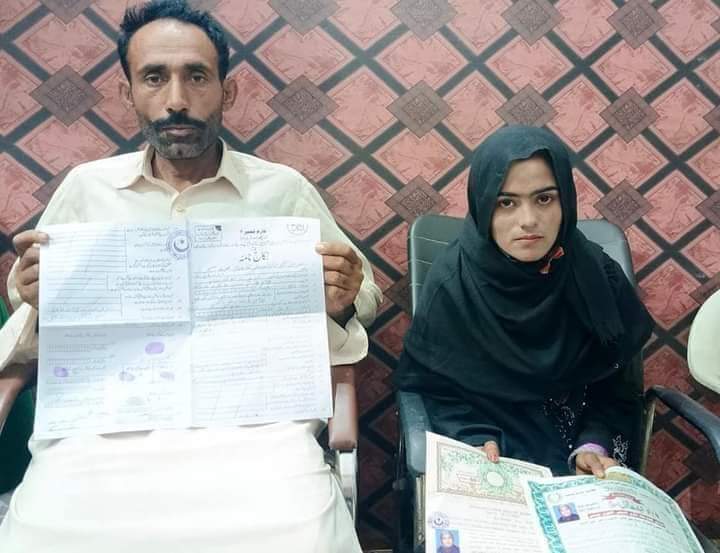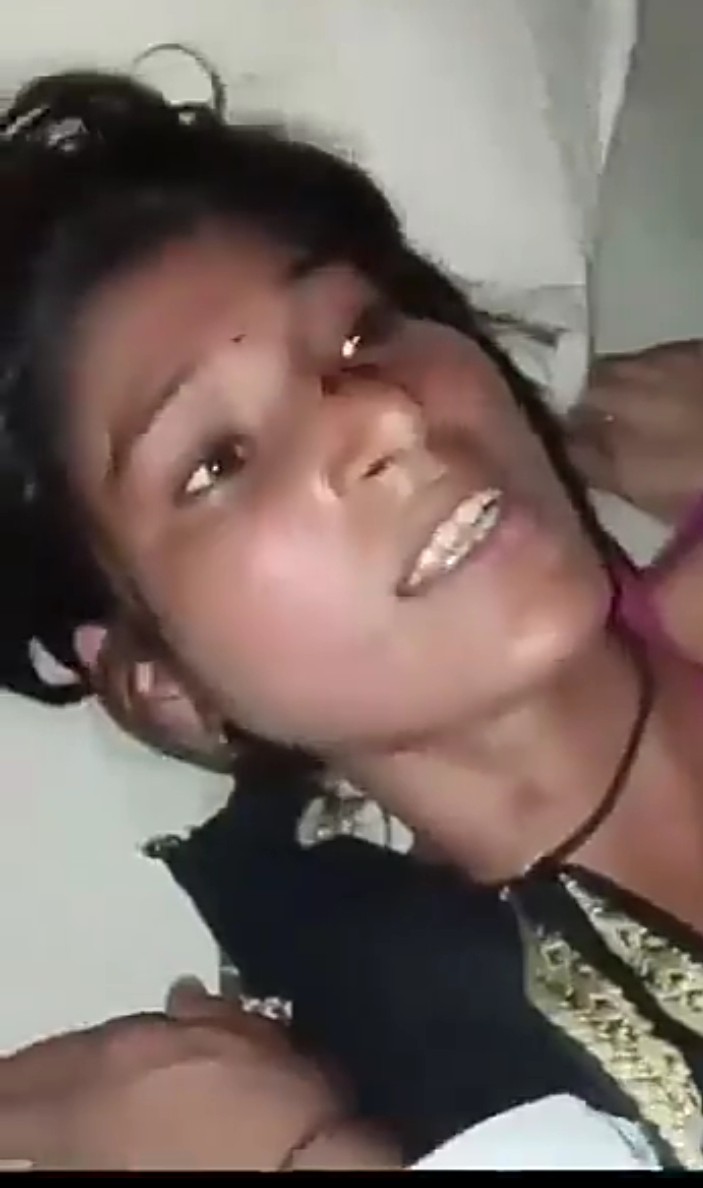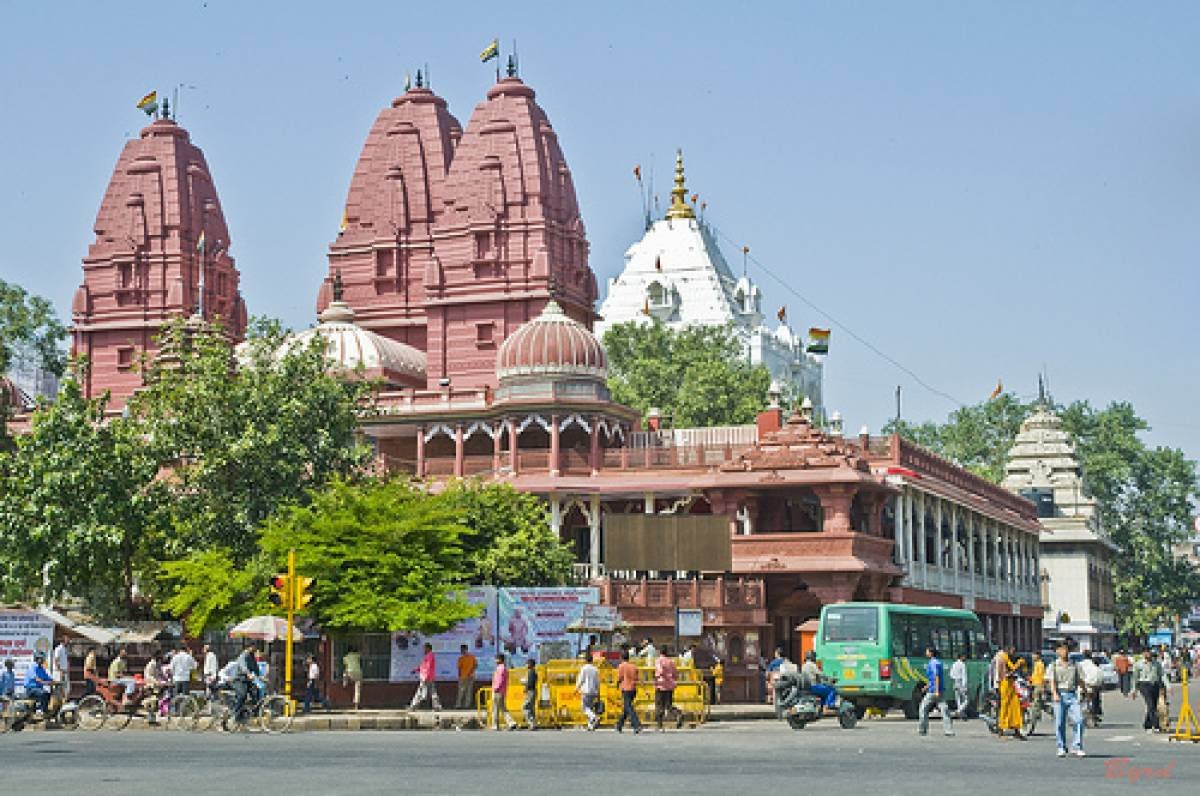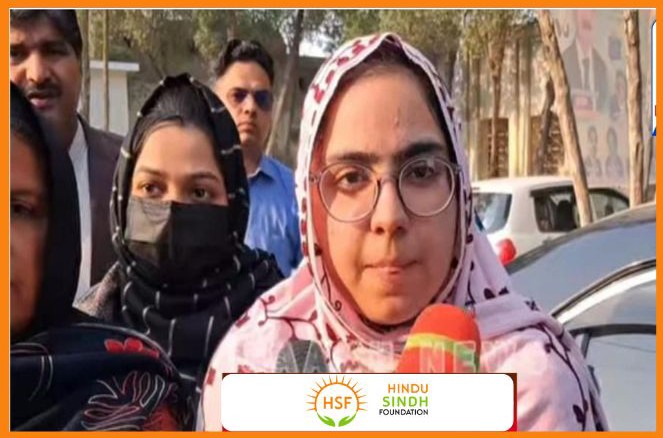A deeply disturbing incident took place on November 18, 2024, in the city of Sanghar, Sindh. where A 15-year-old Hindu girl named Parthi, who had adopted the Muslim name Saima, was married to 50-year-old Bagh Ali Jalbani. Converting to Islam. This case is not an isolated incident but part of a disturbing trend where minor Hindu girls are forced to convert and marry, raising serious concerns about their rights and safety.
A Growing Crisis.
The ongoing issue of forced conversions and marriages of underage Hindu girls in Sindh is alarming. Reports suggest that such practices are becoming increasingly common, with many young girls being forcibly converted and married against their will. This trend not only violates the rights of these minors but also highlights a significant gap in legal protections for vulnerable populations.
Despite the gravity of the situation, government and legal institutions have been slow to respond. There is an urgent need for legislation that specifically addresses and prohibits forced conversions and child marriages. The lack of action by the authorities has left many families fearing for the safety of their daughters, as they are often targeted because of their religious identity.
Impact on communities.
The impact of these forced conversions goes beyond individual cases. They contribute to a climate of fear and insecurity within the Hindu community in Sindh. Families are increasingly concerned about the safety of their daughters, leaving them feeling helpless and hopeless. The emotional and psychological toll on these young girls, who are deprived of their agency and subjected to such traumatic experiences, is profound.
Call to Action.
It is crucial for civil society, human rights organizations, and the international community to raise awareness about this issue. Campaigns like #StopConversion, #SaveHindus, #StopChildMarriage, and #SaveHinduDaughters are instrumental in mobilizing support and advocacy for the rights of these young girls.
Now is the time for a collective effort to protect the rights of all individuals, regardless of their religion. Legislation is essential to prevent further violations and secure the future of vulnerable communities in Sindh and beyond.
Finally, the case of Parthi (Saima) is a stark reminder of the urgent need for change. It is imperative that we stand together to confront the injustices faced by minor Hindu girls and work for a society where everyone can live a free and safe life without fear of coercion or violence.
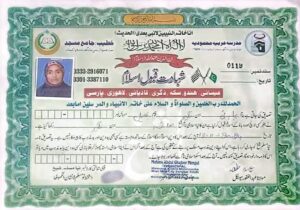
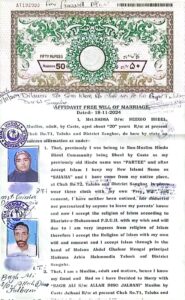
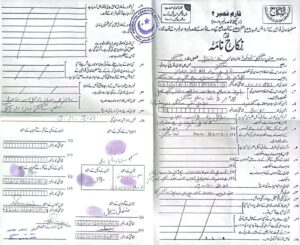
For more updates and detailed coverage of this case and other issues affecting the Hindu and Sindhi communities in Sindh, Pakistan, stay tuned to Sindh Renaissance.



